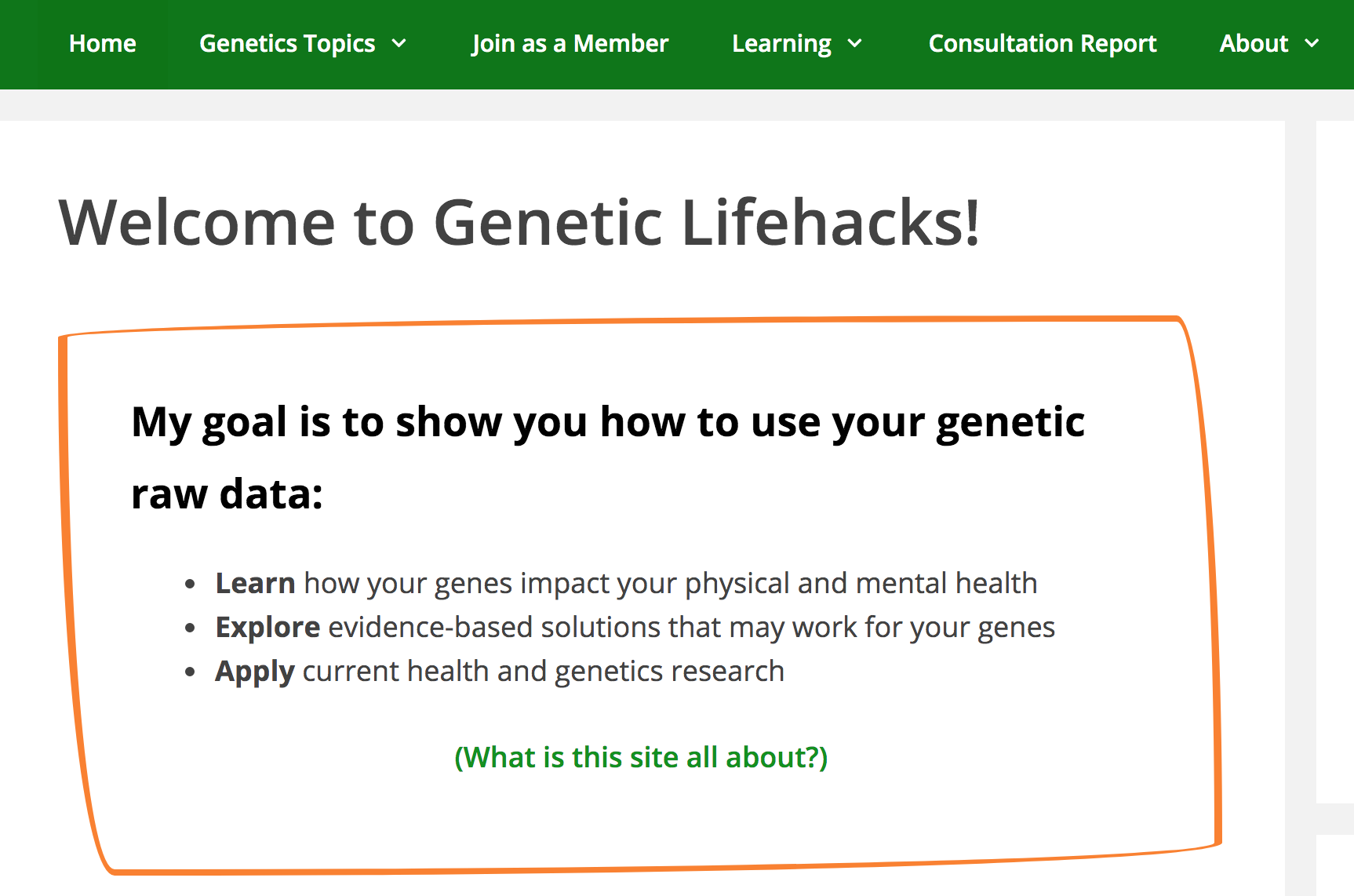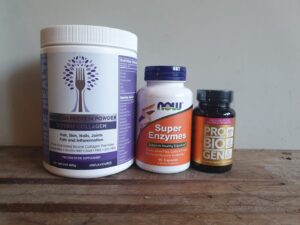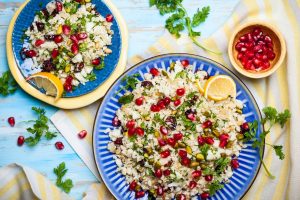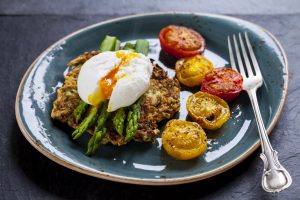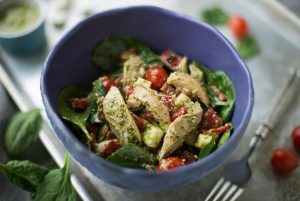Several years ago I had my DNA tested with 23andme. I blogged about it on my other blog here.
I recently came across a fantastic website called Genetic Lifehacks. For a few pounds per month (£6 at the time of writing), you can link your raw data from 23andme and find out all sorts of interesting information about your genes and how they might relate to your health and lifestyle.
(In the past I used StrateGene and My Gene Food to find out more about my genetics. Found My Fitness and Self Decode are other sites that provide similar services, but actually I really like Genetic Lifehacks).
Some people say that you can’t use the information in your genetic reports to make health decisions. However, when you combine your results with some basic blood test results you can. If your blood test results back up what your genetic reports suggest, then you can definitely use the information to make some simple changes to your diet and the supplements you take.
Coupled with my blood test & PreCODE report, here’s what all these genetic sites have allowed me to work out:
Methylation
Both StrateGene and My Gene Food highlighted SNPs that may cause issues with my methylation cycle. My Gene Food provided useful tips such as “consider supplementing your diet with a low to moderate dose B vitamin that includes the methylated version of these vitamins.”
Omega 3: FADS1 & FADS2 Genes
We all vary in how well we convert the plant-based omega-3 oils into the DHA and EPA that our body needs. Some people are really poor at this conversion (due to SNPs in FADS1 & 2 genes) and thus should eat more fish (or take a DHA supplement. My genetics suggest I have decreased conversion of plant-based omega-3s (ALA) into the form needed by the body (EPA / DHA).
Vitamin A, B12 and CoQ10: BCO1, FUT2 and NQ01 Genes
StrateGene highlighted SNPs in my BCO1 genes that suggest a more than 50% reduction in the ability to convert beta-carotene to retinol and recommend vitamin A supplementation. This is an interesting finding as it means I need to get vitamin A in the form of retinol (which is only possible by eating animal products). If I relied on plant foods for my vitamin A needs, I would likely be deficient as I do not efficiently convert the plant form (beta-carotene) to the form needed by the body (retinol).
They also suggested investigating B12 deficiency and when I had my PreCODE report done recently, my B12 was low: 262 pg/ml. (Optimal range = 500–1300 pg/ml). There are several genes that influence the absorption, transport, and need for vitamin B12.
If your homocysteine level is high (mine is slightly higher than optimal) – it could be because you carry the MTHFR or MTRR variants. These genes are involved in the methylation cycle and are dependent on B12. Without sufficient B12, homocysteine levels can rise.
Due to a variant in NQ01 I am also likely less efficient at converting CoQ10 to its active form and may benefit from supplementing with ubiquinol, the active form of CoQ10.
Vitamin D: CYP2R1, GC and VDR Genes
My PreCODE report highlighted I was very low in vitamin D: 16.5ng/ml. (Optimal range = 50-80 ng/ml). My genetic reports show 5 SNPs across 3 genes that all lead to lower vitamin D levels.
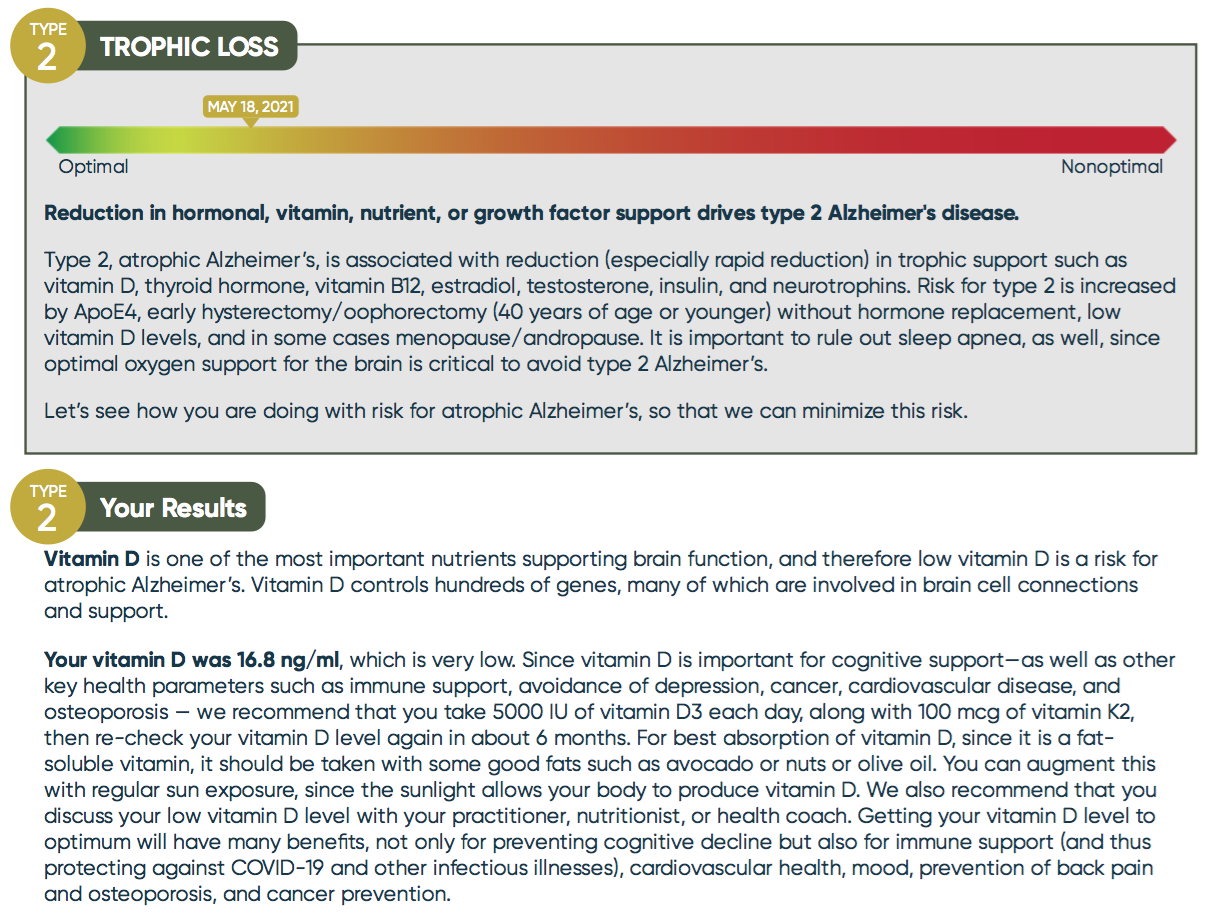
Vegan or Omnivorous Diet?
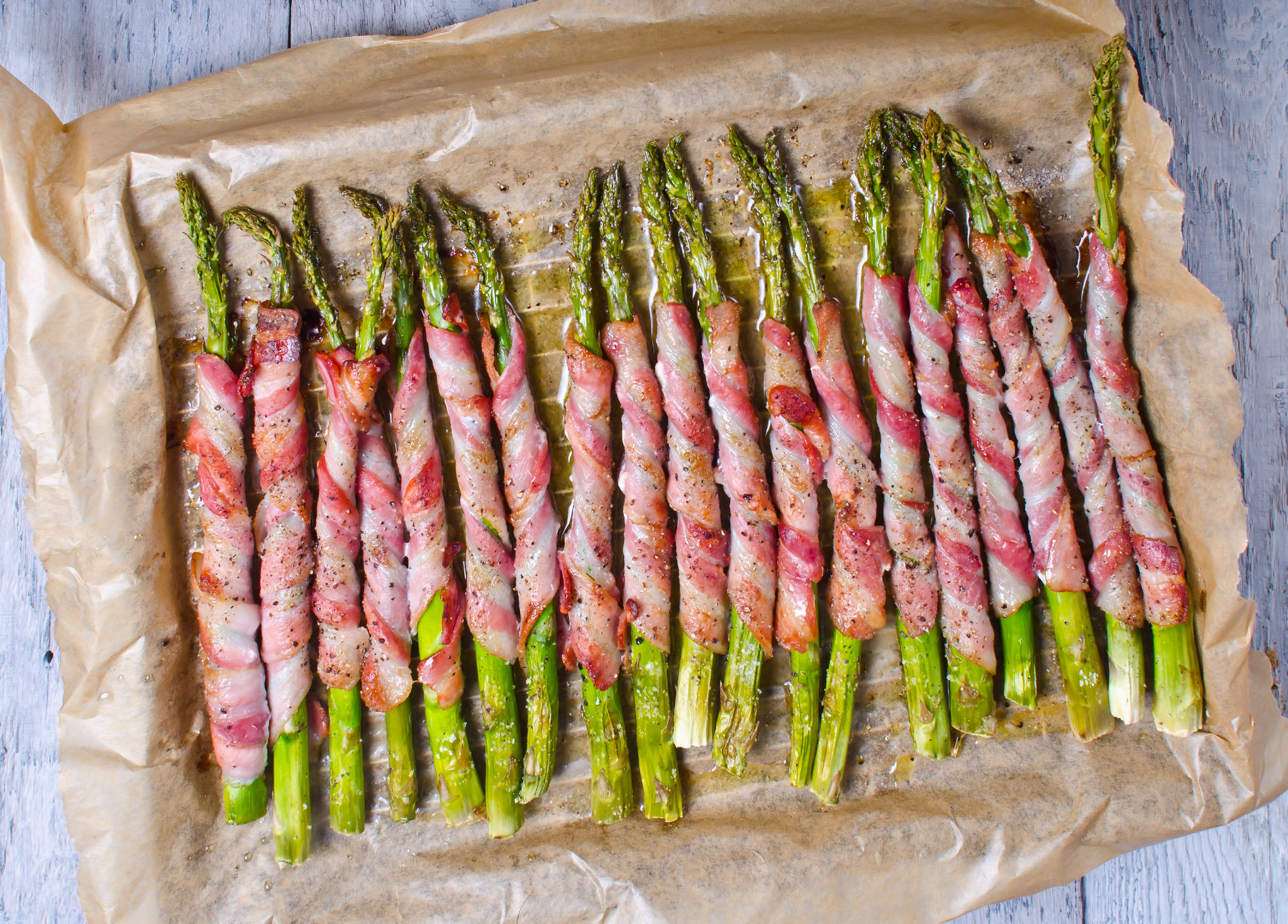
All of my genetic reports and blood test results support my hypothesis that I am someone who would not do well on a vegan diet. I would become very deficient in DHA (omega-3) and vitamin A as I would not convert the plant-based forms into the forms needed by the body. I would also likely be very deficient in B12, and I am already deficient in vitamin D as I am not making enough effort to get it from my diet.
Histamine Intolerance: AOC1 and HMNT Genes
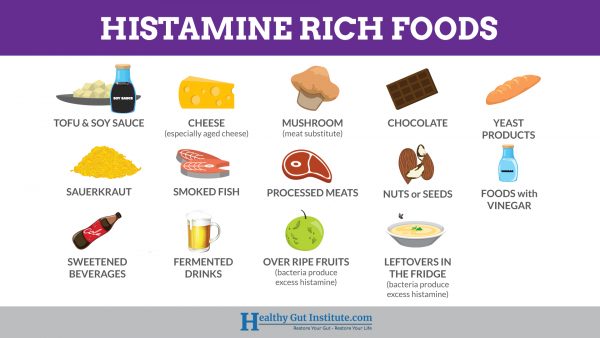
Chronic headaches, sinus drainage, itchy hives, problems staying asleep, and heartburn – all of these symptoms can be caused by the body not breaking down histamine very well.
Your genetic variants could be causing you to be more sensitive to foods high in histamine.
All the genetic sites highlighted genes that suggest I may have some degree of histamine intolerance. I suffer from seasonal allergies and I definitely react to high histamine foods during hay fever season so I’m not surprised by these results.
Another finding from my PreCODE practitioner was that my histamine levels at the time of taking the blood test were very high, which is consistent from the findings from my DNA report.
Takeaways
- I need to increase vitamin D in my diet (salmon, tuna, cod liver oil) and supplement. I’m going to get my vitamin D levels re-tested in 3 months time to see if they have improved.
- Foods that are high in vitamin B12 include meat, fish, eggs and dairy. I already eat plenty of these foods, but due to my genes, my vitamin B12 levels are still low. I’m going to make an effort to include some chicken liver in my diet (very high in absorbable B12) and also take a supplement (methylcobalamin + adenosylcobalamin).
- I need to make sure I am eating more fish. I am not a huge fish lover, so I have to be very conscious to make myself buy and eat it a couple of times a week.
- I need to make sure I am eating plenty of vitamin A-rich foods such as eggs and liver, and plenty of beta-carotene too (because I convert less to retinol I need to eat more of it to compensate).
- I’m thinking that maybe I should try following a low-histamine diet for a while. I’m going to investigate this further and will write a more detailed blog post on histamine and the low-histamine diet soon.
Have you had your genetic / DNA report done? What did you learn about yourself? If you’d like to know more drop me an email archardchloe@gmail.com and I can help you interpret your results.
#JoyfulJune
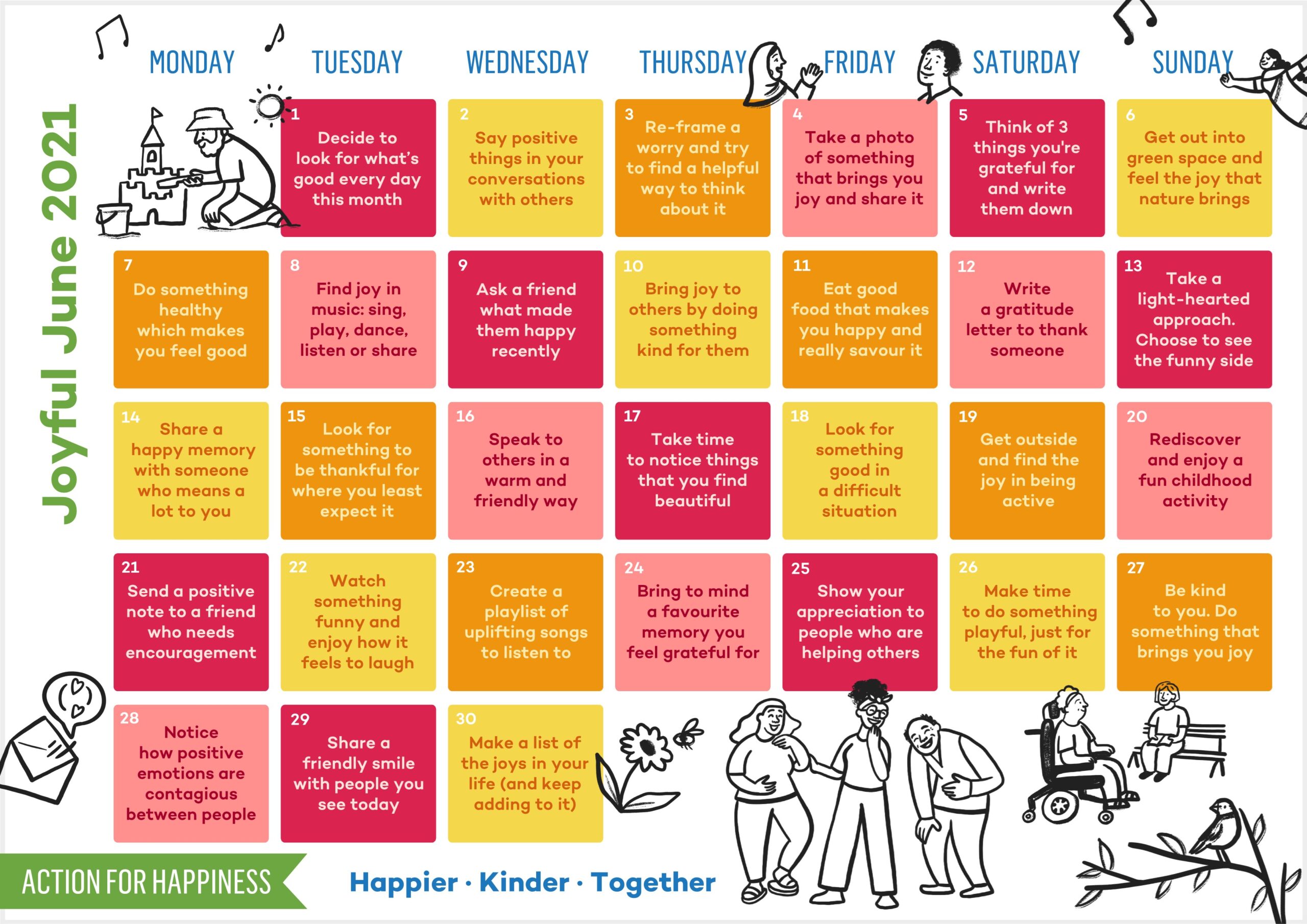
Today’s suggestion from Action for Happiness is: Write a Gratitude Letter to Thank Someone.
I am going to write an email thanking the organisers of Nomadic Dinners for the wonderful experience last weekend.
Taking in the Good (write down three good things that have happened or that you have noticed)
- We are staying at my parents-in-law’s home this weekend. They have the most glorious garden. I woke up this morning to a beautiful sunny day, and sat outside, amongst stunning white wisteria to do my morning meditation.
- I really enjoyed diving into the genetics information on Genetic Lifehacks to write this blog post.
- Drinking iced coffee in the sunshine.
What good things will you remember about today, the only Saturday 12th June 2021 we will ever have?
Until tomorrow,
Chloe x
About Me
Hello, I’m Chloe. I’m a nutrition and health coach and I’m on a mission to inspire & support women so they can go from feeling fatigued to feeling fabulous!

I help women who are FED up of being overweight, addicted to sugar and feeling tired ALL THE TIME to lose weight and optimise their health by fixing hormonal, digestive, autoimmune and energy issues.
My step-by-step programme, Revitalise, will help you lose weight, get back your energy, restore vitality and create lifelong health using the power of beautiful & delicious REAL FOOD.
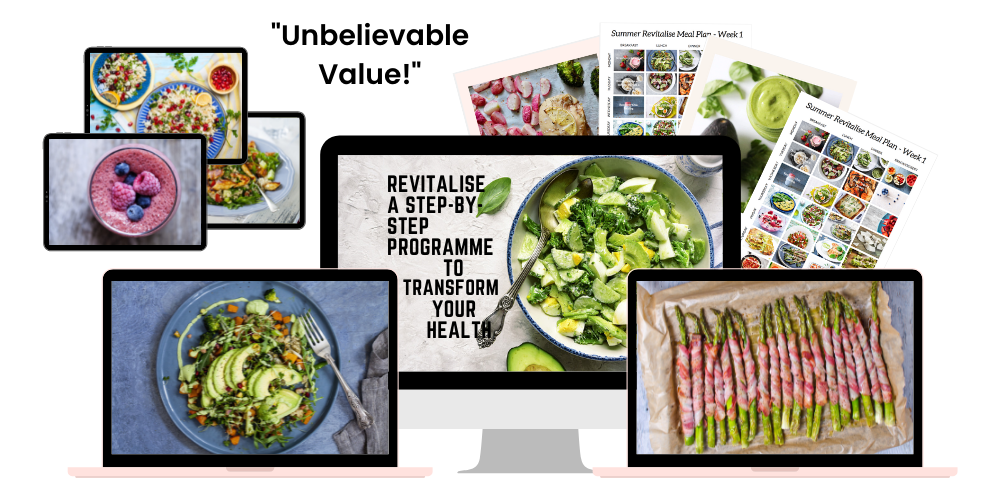
I’m here to make it easy for you to eat healthy, delicious food without counting calories or feeling deprived. You’ll reset your relationship with food, shift your mindset and build new habits for a complete health transformation!
Disclaimer: All information provided is for informational purposes only, and is not to be construed as medical advice or instruction. Please consult your GP or a qualified health professional on any matters regarding your health and wellbeing. I am a nutritional educator and do not dispense medical advice nor prescribe treatment. While nutritional support can be an important complement to your medical care, a nutritional therapy program is not a substitute for the diagnosis, treatment, or care of a disease, illness, or injury by a medical provider. Nutritional evaluations and lifestyle assessments are not intended for the diagnoses of disease.
Disclaimer: chloearchard.com is a participant in the Amazon EU Associates Programme, an affiliate advertising programme designed to provide a means for sites to earn advertising fees by advertising and linking to Amazon.co.uk. Buying through our affiliate links does not cost you anything but helps us keep this website up and running. Thank you!
All information provided within this blog post is for informational purposes only, and is not to be construed as medical advice or instruction. Please consult your GP or a qualified health professional on any matters regarding your health and wellbeing or on any opinions expressed within this blog post. The information provided in this blog post is believed to be accurate based on the best judgment of the author. However, you as the reader must be responsible for consulting with your own GP or other health professional on matters raised within. chloearchard.com will not accept responsibility for the actions or consequential results of any action taken by any reader.
The material in this blog post may include information, products or services by third parties. Third Party Materials comprise of the products and opinions expressed by their owners. As such, chloearchard.com does not assume responsibility or liability for any Third Party material or opinions. The publication of such Third Party Materials does not constitute our guarantee of any information, instruction, opinion, products or services contained within the Third Party Material. Publication of such Third Party Material is simply a recommendation and an expression of our own opinion of that material.
